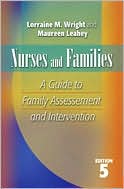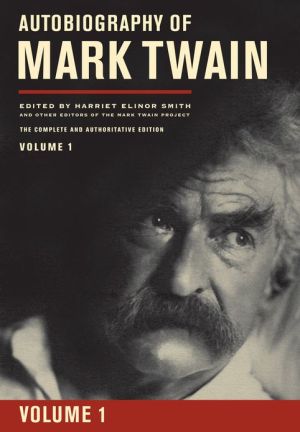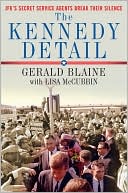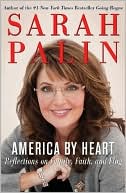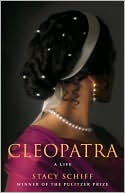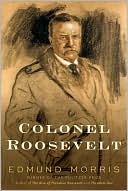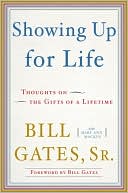Nurses and Families: A Guide to Family Assessment and Intervention
Search in google:
All practitioners know patients' families are significant to successful care, but often nurses serve as the primary contact point for families dealing with significant illness or injury. Wright (nursing emeritus, U. of Calgary) and Leahey (practitioner) work through the Calgary Family Assessment Model and also through the Calgary Family intervention Model to give nurses practical ways to anticipate, conduct and document family interviews. They describe when and how to intervene, and how to terminate with families they have helped. They include methods to sort out blended and non- traditional families and give case studies with a range of situations. For this edition they have provided a new chapter on avoiding common errors in family nursing. Annotation ©2005 Book News, Inc., Portland, OR Doody Review Services Reviewer: Carole A. Kenner, RNC, DNS, FAAN (University of Oklahoma College of Nursing)Description: This classic book has evolved over 20 years and represents the only one devoted to family assessment and interventions in a "how-to" format. The previous edition was published in 2000. Purpose: The book teaches basic family assessment and intervention. It provides guidelines for family interventions and teaching. It uses a theoretical foundation and offers clinical examples to bring the material to life. Audience: It is aimed at undergraduate and graduate nursing students, practicing nurses, and educators that are interested in integrating more family interventions into continuing education or academic courses. The authors are well known and respected family experts. Features: The book begins with theoretical foundations of family assessment including the major concepts of the Calgary Family Assessment Model. The CFAM is then presented along with research findings using the model. Interviewing skills and competencies are introduced as well as guidelines for conducting interviews and implementing family based strategies. Common errors that nurses often make with families and practical tips of how to avoid these are covered in detail. Throughout the book, illustrations or boxed information is used to call attention to key points. This format makes it easy to visualize and find important content. Assessment: After 20 years, there remains no real competition for this book. It is the only one that really focuses completely on the family assessment and interventions using one model. This edition has several noteworthy additions including a chapter on how to avoid common errors in working with families; genograms to stress the new emphasis on genetic and family histories and their interaction in health promotion; bioterrorism and the impact this has had on families; clinical vignettes and critical thinking questions to enhance the learning of the material; and research that has been done using the CFAM.
1Family assessment and intervention : an overview92Theoretical foundations of the Calgary family assessment and intervention models293The Calgary family assessment model574The Calgary family intervention model1535Family nursing interviews : stages and skills1816How to prepare for family interviews1997How to conduct family interviews2298How to do a 15-minute (or shorter) family interview2639How to avoid the three most common errors in family nursing27710How to document family interviews28711How to terminate with families317
